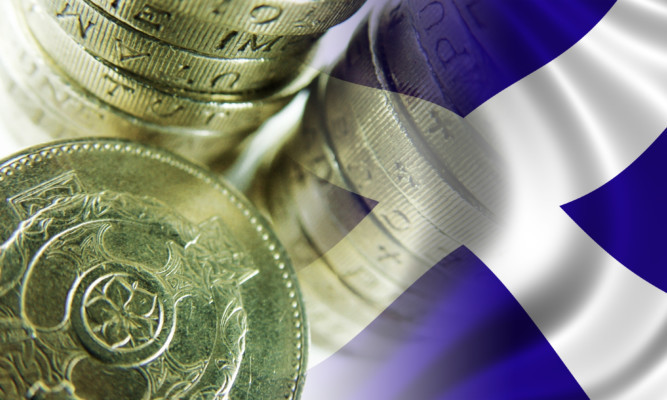
Experts offer analysis of what independence would mean for the business community.
Just two months to go to the vote on potential independence for Scotland and yet questions remain unanswered to assess the impact that a yes, or no, vote would have on UK financial services.
The sector is one of the big battlegrounds for the UK and Scottish political classes.
The value of financial services to Scotland is £9 billion, with around 85,000 people employed in the sector alone, yet the majority of financial services business is conducted south of the border irrespective of the provider’s base.
The key issues for anyone in financial services seeking those answers revolve around regulation, currency, tax, and the transition period. All of these are mostly shrouded in mystery.
The Scottish Government will not assess tax rates ahead of a vote, nor declare definitively whether Sterling will remain the currency of Scotland.
Little wonder that, so far, Standard Life, RBS and Alliance Trust are allegedly uncertain about their positions on independence. The largest degree of uncertainty is around financial regulation.
If Scotland were to be separate then, as an independent member of the EU, it would require an independent central bank. The issue is not just around bail-outs and the lender of last resort, but who looks after depositors and their money.
There is no provision for a separate FSCS though the Scottish Government says they “would ensure that arrangements for an effective compensation scheme are in place, mirroring the level of protection provided in the UK FSCS.”
As for timescale of implementation, the arguments still vary. It is clear the sector doesn’t want Scotland to be independent, though most firms are silent on the matter.
There is nothing to indicate substantial changes are afoot among providers and advisers if a Yes vote is the result, so those answers need to come quickly and unequivocally for confidence to be maintained.
Scotland is a wonderful place to live and do business. We’ve a history of trading and entrepreneurship that’s a platform of achievement to build ambition on and independence gives us the opportunity to do that.
Independence will strengthen the Scottish brand, building on our global reputation for quality and excellence, to give our exporters more openings.
Add to that the plan to create a network of export-focused embassies and you have real muscle being put behind Scottish exports; no longer the poor relation of the UK’s trade delegations.
Whisky, for example, has to pay for promotion by UK embassies while a range of businesses located in London and the south east of England get fully staffed trade trips with the Prime Minister.
We’re already attractive to inward investors, with incoming finances at a 16 year high, and we can build on that with a government dedicated to improving Scotland and freed of the need to ask permission from Whitehall first.
Perhaps most important of all, though, is our membership of the European Union. As the move in Westminster is towards an EU exit and an ECHR exit, Scotland’s trade links with the continent are threatened.
We need to remain an active part of Europe, we need Scotland to be in the world’s largest single market. We need to be out there selling Scotland.
The only thing close to that in importance for business is the austerity regime that is destroying our society, and no one in London seems to be challenging it.
It’s clear that staying in the UK threatens our economic future and independence opens up more possibilities and opportunities. It’s clear that Yes is the key to our success.

Enjoy the convenience of having The Sunday Post delivered as a digital ePaper straight to your smartphone, tablet or computer.
Subscribe for only £5.49 a month and enjoy all the benefits of the printed paper as a digital replica.
Subscribe